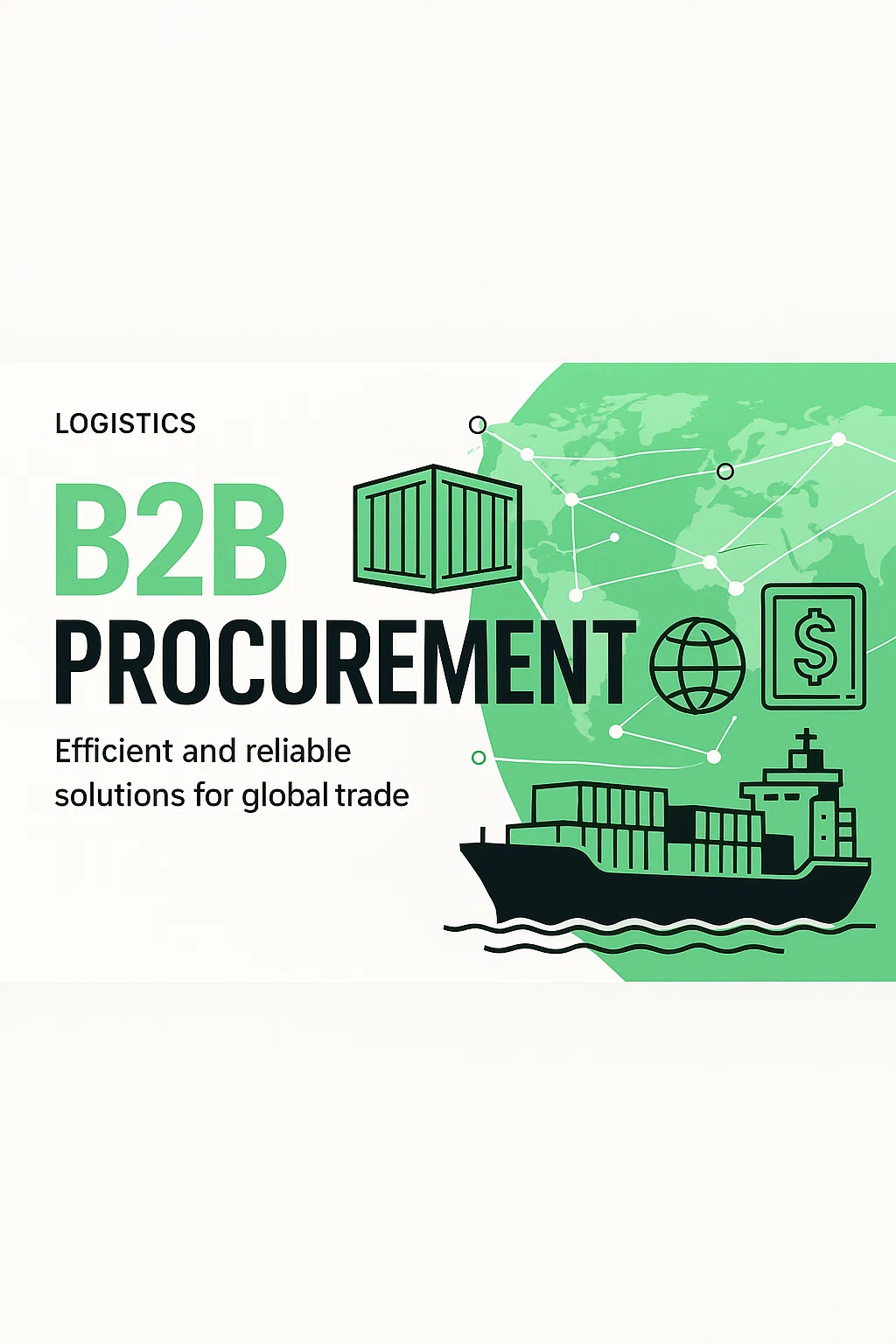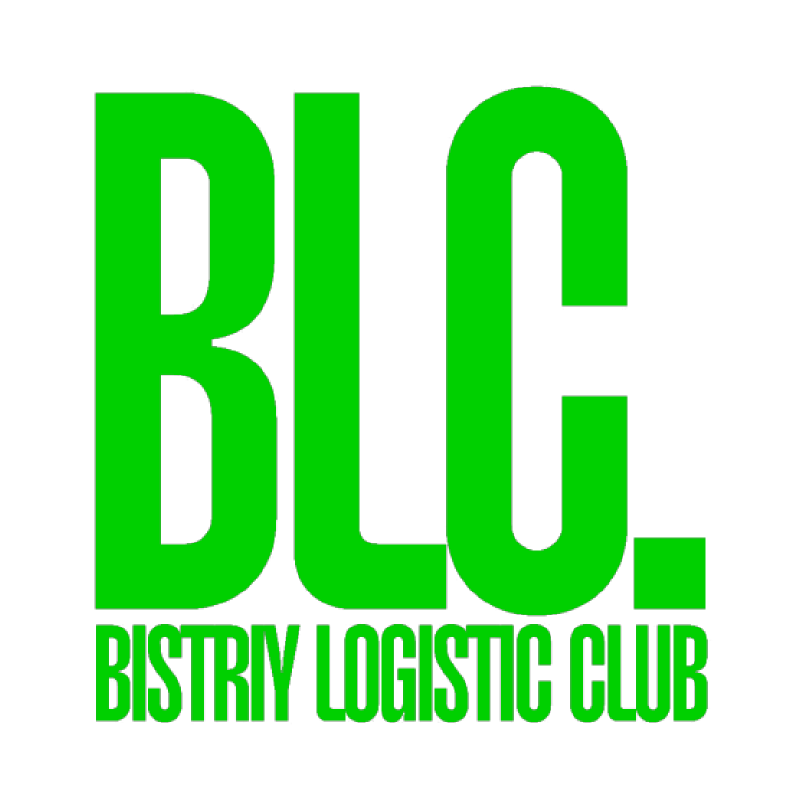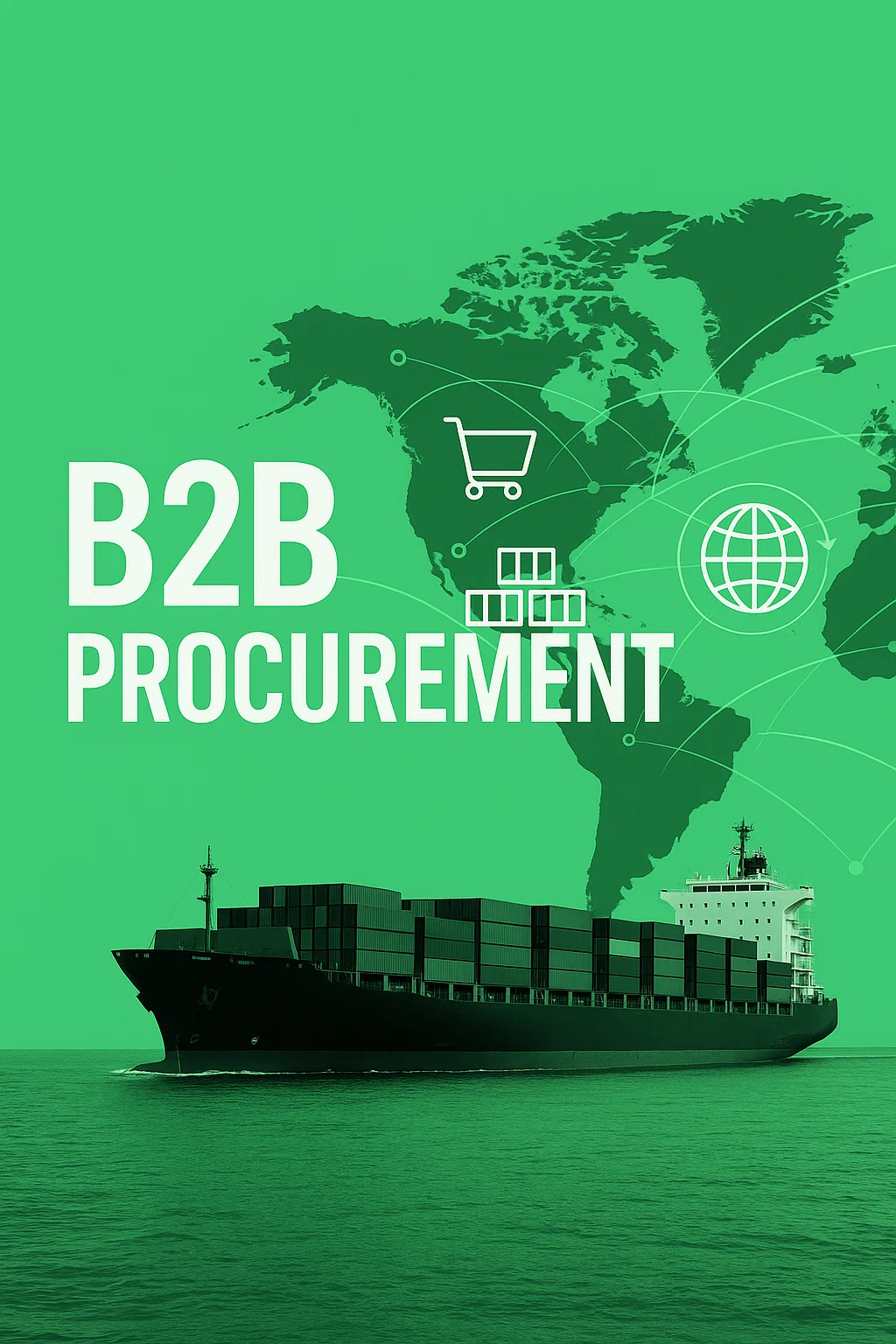Mastering Strategic Cost Management in Modern Business Operations
In today's competitive business landscape, effective B2B procurement has become the cornerstone of organizational success. Companies that excel in procurement strategies gain a significant edge over their competitors, often seeing cost reductions of 15-30% while maintaining or improving quality standards. The modern procurement landscape demands a sophisticated approach that goes beyond simple price negotiations, incorporating technology, relationship management, and strategic planning.
As businesses navigate through economic uncertainties and supply chain complexities, mastering B2B procurement becomes increasingly crucial. This comprehensive guide explores proven strategies and innovative approaches that procurement professionals can implement to optimize costs and enhance operational efficiency.
Strategic Negotiation Techniques for Procurement Excellence
Building Leverage Through Market Intelligence
Successful B2B procurement starts with comprehensive market intelligence. Before entering negotiations, procurement teams should gather detailed information about supplier markets, pricing trends, and competitive alternatives. This knowledge creates leverage and enables more informed decision-making during vendor discussions.
Market intelligence should include analysis of supplier financial health, market share, and capacity utilization. Understanding these factors helps identify opportunities for volume discounts, long-term partnerships, and strategic sourcing arrangements that can yield substantial cost savings.
Value-Based Negotiation Approaches
Moving beyond traditional price-focused negotiations, value-based approaches consider the total cost of ownership and long-term relationship potential. This strategy involves identifying mutual value creation opportunities, such as shared technology development, process improvements, or market expansion initiatives.
Procurement professionals should focus on creating win-win scenarios that incentivize suppliers to offer their best terms while maintaining high service levels. This might include performance-based contracts, gain-sharing arrangements, or collaborative innovation projects.
Payment Optimization and Financial Management
Dynamic Payment Terms and Early Payment Discounts
Strategic B2B procurement includes optimizing payment terms to maximize working capital efficiency. Companies can negotiate early payment discounts, typically ranging from 1-3%, while maintaining flexibility for cash flow management. Implementation of dynamic discounting programs allows organizations to choose when to pay suppliers based on available cash and discount opportunities.
Advanced payment strategies might include supply chain financing arrangements, where organizations leverage their strong credit ratings to help suppliers access better financing terms, creating value for both parties.
Digital Payment Solutions and Automation
Modern B2B procurement benefits significantly from digital payment solutions that streamline processes and reduce transaction costs. Electronic invoicing, automated payment reconciliation, and integrated procurement-to-payment systems can reduce processing costs by up to 80% compared to manual methods.
Implementing blockchain-based smart contracts and automated payment triggers can further enhance efficiency while improving transparency and reducing errors in the procurement process.
Logistics and Supply Chain Optimization
Strategic Transportation Management
Effective B2B procurement extends to optimizing logistics costs through strategic transportation management. This includes consolidating shipments, optimizing routing, and leveraging transportation management systems (TMS) to reduce freight expenses.
Companies can achieve significant savings by implementing multi-modal transportation strategies, negotiating volume-based carrier agreements, and utilizing real-time tracking technologies to improve delivery efficiency and reduce costs.
Inventory Optimization Techniques
Modern inventory management practices are crucial for effective B2B procurement. Implementing just-in-time delivery systems, vendor-managed inventory programs, and predictive analytics can significantly reduce carrying costs while maintaining service levels.
Advanced forecasting tools and artificial intelligence can help organizations optimize order quantities, reduce storage costs, and minimize the risk of stockouts or excess inventory.
Technology Integration and Digital Transformation
E-Procurement Platforms and Analytics
Digital transformation in B2B procurement delivers substantial efficiency gains through e-procurement platforms. These systems automate routine tasks, provide spend analytics, and enable better decision-making through data-driven insights.
Advanced analytics capabilities help identify spending patterns, detect savings opportunities, and monitor supplier performance metrics in real-time, enabling proactive cost management and risk mitigation.

Artificial Intelligence and Machine Learning Applications
AI and machine learning technologies are revolutionizing B2B procurement by enabling predictive analytics, automated supplier selection, and real-time market intelligence. These tools can analyze vast amounts of data to identify cost-saving opportunities and optimize procurement decisions.
Implementing AI-driven procurement solutions can lead to more accurate demand forecasting, improved supplier selection, and automated contract management, resulting in significant cost reductions and efficiency gains.
Frequently Asked Questions
How can companies measure procurement performance effectively?
Companies should establish key performance indicators (KPIs) that track cost savings, supplier performance, process efficiency, and risk management. Important metrics include cost reduction achieved, purchase order cycle time, supplier delivery performance, and contract compliance rates.
What are the benefits of implementing e-procurement solutions?
E-procurement solutions offer numerous benefits including reduced processing costs, improved spend visibility, better compliance with procurement policies, streamlined approval workflows, and enhanced supplier relationship management capabilities.
How can organizations balance cost reduction with quality maintenance?
Organizations should focus on total cost of ownership rather than just purchase price, implement robust supplier quality management programs, and develop clear performance metrics that consider both cost and quality factors in procurement decisions.


